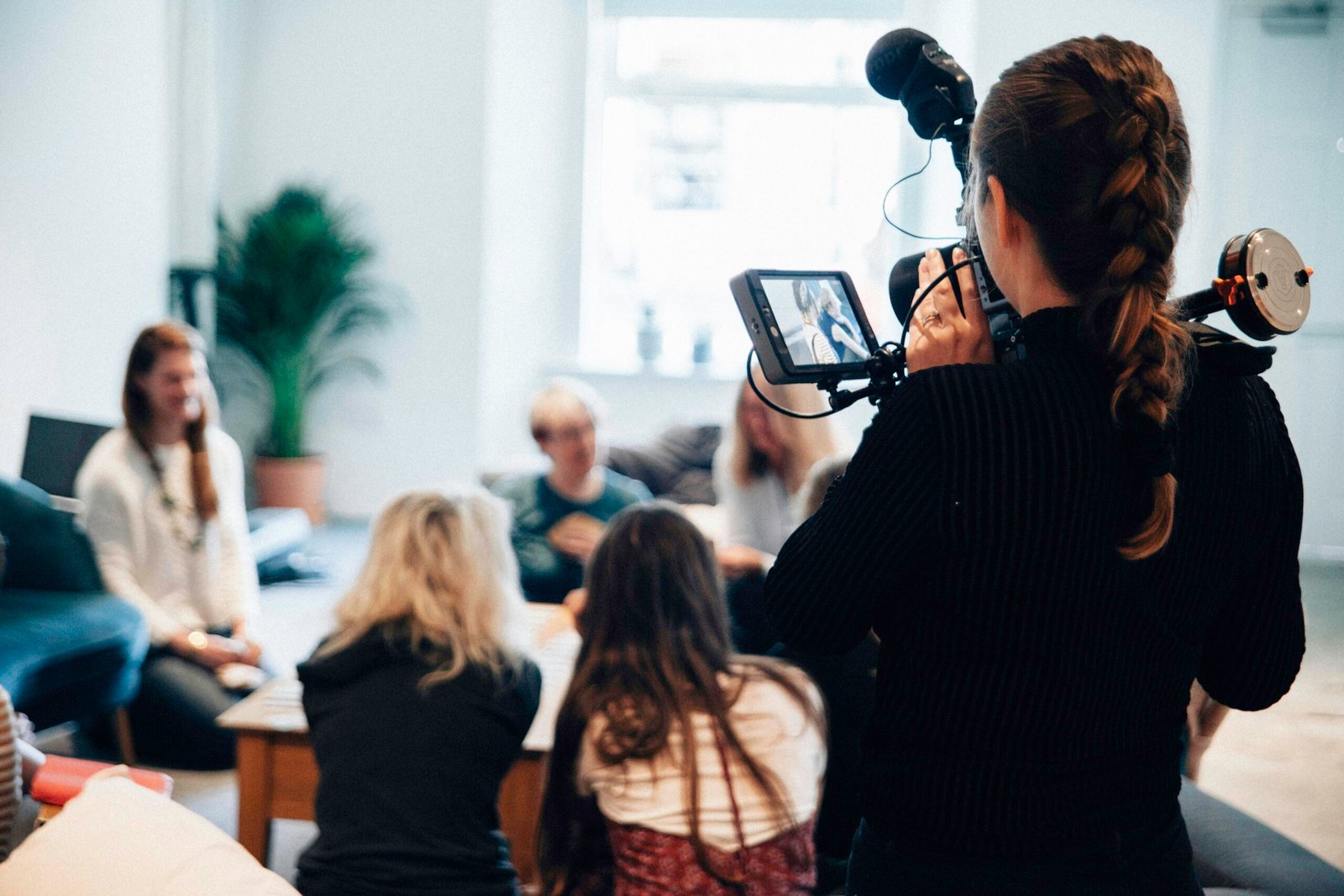In the job hunting process, it’s not uncommon to experience frustration when you feel like you’re being strung along or ghosted after multiple rounds of interviews. One piece of advice that has been given is to gracefully withdraw from the interview process in order to either mentally close out the opportunity or trigger a psychological reaction in the hiring manager to get an offer. However, this approach is not recommended. If you withdraw your candidacy, it’s more likely that the employer will assume you’ve accepted another job or decided this one isn’t the right fit for you. While it’s understandable to feel impatient, it’s important to remember that employers have their own timelines and internal processes that may not align with your expectations. Instead of trying to speed things up or hoping for a chase, it’s best to mentally move on and let the hiring process unfold naturally.
Should I withdraw from the interview process to force an offer?
Background Information
As a job seeker, you may have encountered the frustrating experience of being ghosted or strung along during the interview process. This can leave you feeling uncertain about your standing as a candidate and wondering if there are any tactics you can employ to speed up the process and secure an offer. However, it’s important to consider the potential outcomes and risks associated with withdrawing from the process.
The Idea of Withdrawing to Force an Offer
One suggestion that you may have come across is the idea of withdrawing from the interview process in order to create a sense of urgency or trigger a psychological reaction from the hiring manager. The theory behind this tactic is that by removing yourself from consideration, the employer may be compelled to make a decision or even extend an offer in order to prevent losing you as a potential candidate.

Potential Outcomes
When considering the idea of withdrawing, it’s important to weigh the potential outcomes. One assumption is that the employer will see your withdrawal as a signal that you have accepted another job or have found a better fit elsewhere. In this case, the employer is likely to move on and conclude the hiring process without further consideration.
While it is possible that your withdrawal could prompt the employer to try to change your mind or make a counteroffer, this is a rare occurrence. In most cases, the employer will simply accept your decision and move forward with other candidates.
Why Withdrawing Is Unlikely to Work
The idea that withdrawing from the interview process will somehow make you a more desirable candidate is not supported by evidence or experience. It’s important to recognize that a decision to hire is based on a variety of factors, including the employer’s assessment of your qualifications and fit for the role. Withdrawing is unlikely to change that assessment or alter the employer’s priorities.
If the employer is negotiating with their top choice candidate, the decision to withdraw will not suddenly make you their preferred candidate. Additionally, if the employer is seeking more applicants, it’s likely because they have reservations about your fit for the role. Withdrawing is unlikely to change their assessment and convince them to pursue you as a candidate.

The Risk of Losing the Opportunity
By choosing to withdraw from the interview process, you run the risk of losing the opportunity altogether. While you may believe that you are a second or third choice candidate, the reality is that the employer may still be considering you for the role. Accepting another job offer or withdrawing prematurely could result in the loss of a potential job opportunity that you may have otherwise been offered if you had remained patient.
Understanding the Employer’s Timelines
It’s important to recognize that employers operate on their own timelines and internal processes. Their hiring decisions are influenced by factors that may have little to do with you as a candidate. There may be other priorities or changes within the organization that are affecting the hiring process.
Attempting to speed up the hiring timeline by withdrawing is unlikely to be effective. Employers typically have their own procedures and cannot be rushed into making decisions. Even if you have another job offer, it is not guaranteed that the employer will expedite the process. Patience and understanding of the employer’s circumstances will serve you better in the long run.

The Importance of Mental Closure
While waiting to hear back from a job opportunity can be frustrating and nerve-wracking, it’s important to prioritize mental closure. Continuously dwelling on the hiring process and attempting to speed up the decision will only add to your aggravation. Instead, assume that you didn’t get the job and move on with your job search. This mindset allows you to focus on other opportunities and prevents you from fixating on a specific job that may not be the right fit for you.
Moving On After Not Getting the Job
In the event that you don’t receive an offer after going through the interview process, it’s important to find ways to move on and continue your job search. It’s natural to feel a sense of disappointment, but dwelling on the experience will not change the outcome. Accepting the non-selection and shifting your focus to other opportunities will allow you to maintain a positive mindset and keep your job search momentum going.
Alternatives for Speeding up the Process
If you are truly interested in speeding up the hiring process, there are alternative approaches you can consider. Instead of withdrawing, you can politely follow up with the employer to express your continued interest in the role and inquire about the timeline for their decision. This shows your enthusiasm for the position without jeopardizing your chances.
Alternatively, if you have another job offer or pending deadlines, you can communicate this to the employer and politely request an expedited decision. While this may not always result in a faster process, it demonstrates your commitment and allows the employer to consider your circumstances.
Conclusion
In conclusion, withdrawing from the interview process to force an offer is unlikely to yield positive results. The potential outcomes and risks associated with this tactic outweigh any perceived benefits. It’s important to understand the employer’s timelines, prioritize mental closure, and continue moving forward with your job search. Instead of focusing on tactics to speed up the process, focus on presenting yourself as a strong candidate and maintaining a positive and proactive approach to your job search.














